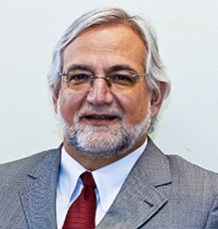The Lancet today retracted two papers by former Karolinska Institutet surgeon Paolo Macchiarini, whose professional and personal escapades have made headlines for more than a decade and who has been sentenced to 30 months in prison for causing bodily harm to his patients.
The move comes a month after Sweden’s National Board for Assessment of Misconduct (NPOF in Swedish) said it had found Macchiarini guilty of misconduct involving the two articles, eight months after the journal issued expressions of concern for the two papers, and five years after Macchiarini had already been found to have committed misconduct in related work.
As we reported in February:
Continue reading Lancet retracts two more papers by convicted surgeon Paolo Macchiarini







